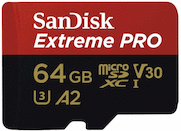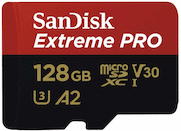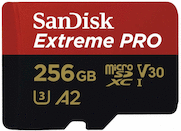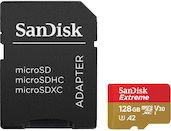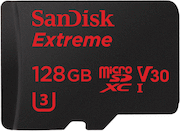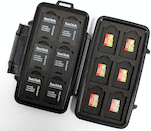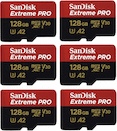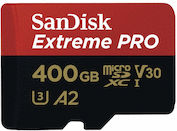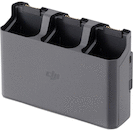TheDJI Air 3 Drone with RC-N2 is a quadrotor drone with updated features like a dual-camera system with a wide angle lens. Key features include:
What’s Changed? The DJI Air 3 Drone Fly More Combo with RC 2 offers upgrades to it’s camera and lenses, like a brand spankin’ new dual-camera system with a wide angle lens and 3x telephoto cameras. DJI’s bread and butter is improving upon the latest, and this case isn’t any different. This unit offers larger 1/1.3-inch CMOS sensors that are able to capture 48MP images, video up to 4K100, and even 2.7K social media-ready vertical video.
46 Minute Flight Time. DJI reports that in lab tests with ideal conditions (Read: not the places you’ll likely be using it) the drone has a 46 minute flight time. A more realistic average is probably around 30-35 minutes.
Drone Control From 12.4 Miles Line-Of-Sight. The RC 2 controller works in tandem with the DJI Fly app to allow control at distances of around 12.4 miles line-of-sight, and real-time video can be monitored at 1080p. DJI reports this distance as ideal line-of-sight conditions. Your literal mileage may vary.
Flight Modes. There are several pre-programmed flight modes that take charge for beginners and professionals alike. These flight modes include FocusTrack, which uses the obstacle avoidance system to stay safe, as it keeps subjects centered in the frame using the 3x telephoto camera, QuickShots lets you select from several pre-programmed camera movements to add creativity to your video (Rocket, Dronie, Circle, Helix, Boomerang, and Asteroid), MasterShots boasts the ability to quickly and easily capture cinematic footage with automatic complex camera movements, and Hyperlapse lets you select from Free, Circle, Course Lock, and Waypoint to capture timelapse video at up to 4K (horizontally) or 2.7K (vertically). Waypoint is new to the Air 3, and allows you to plan repeatable flight routes and drone actions in advance.
Improved Obstacle Avoidance. This drone gets the latest Mavic APAS 5.0 avoidance system for forward, backward, upward, and downward sensing of obstacles and the ability to judge and avoid them. Landing using return to home (RTH) is a simple button press, returning the drone to the location where it took off from and lowering itself delicately onto the ground.


